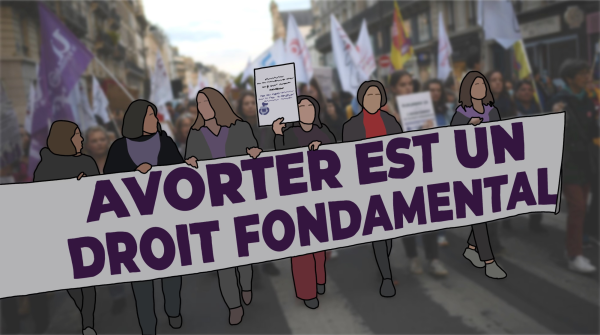The Four Newest Changes to the Florida Constitution
Amendment 2, which raises the minimum wage, is just one of four amendments passed last week in Florida. A total of six amendments were on the ballot.
Dec 7, 2020
In addition to the presidential election, voters cast their ballot to voice their opinions on local elections and amendments to Florida’s state constitution. Six amendments were listed on the ballot; four were proposed by citizens and the other two were proposed by the state legislature. Of these six amendments, four were passed– Amendments One, Two, Five and Six. The approved amendments relate to suffrage, taxes and the minimum wage.
One amendment passed this year was Amendment Two, the “$15 Minimum Wage Initiative.” This change was proposed by citizens and passed with a 60.82% approval rate, just barely over the 60% needed to pass the amendment, presumably because of the controversy surrounding the amendment. This adjustment to the constitution will raise the minimum wage to $15 by 2026. The current minimum wage in Florida is $8.56, and will rise to $10 on Sep. 30, 2021, with annual increases of $1 every Sept. 30 to follow until Sep. 30, 2026.
I think it is great that they are raising the minimum wage to see how it works out for the economy to have fair wages.
— sophomore Yvana Mendoza
This increase is seen as a victory by labor and minimum wage advocates. Additionally, it is predicted to be beneficial for those struggling to live off the minimum wage, especially with the growing unemployment rates due to this pandemic. Currently, 35.8% of all workers in Florida earn below $12 an hour.
“I think it is good that they are increasing their wages because this will help a lot of families that have stopped working because of the virus. This money can be used to help any sick family members. It makes sense because prices are rising and people would not be able to buy necessities with the same wage as always,” sophomore Brittany Fuenmayor said.
This increase has also faced criticism, particularly from Republicans, the Florida Chamber of Commerce and the Florida Restaurant and Lodging Association. Those opposed to the amendment argued that having to pay workers at least $15 an hour will be detrimental to small and local businesses, especially after many have been forced to shut down due to the pandemic. While some business owners have raised their prices in response to having to increase employee pay, others have voluntarily increased employee wages after noticing improvements in the performance of their workers when they are paid more.
Amendment Five, “Extend ‘Save Our Homes’ Portability Period Amendment,” was another one of the alterations passed with a 74.49% approval rate. This amendment proposed by the state legislature extends the period in which one may transfer “Save Our Homes” benefits from two years to three years. “Save Our Homes” benefits limit increases in real estate appraisal to 3% annually, this can mean a reduction of up to $50,000 in the taxable portion of a home, or $750 annually. This amendment would reduce local property tax revenues by around $1.8 million between 2021 and 2022, and this decline will only continue in the following years, according to the Florida Revenue Estimating Conference.
Amendment Six was also proposed by the state legislature and passed with an approval rate of 89.73%. This ballot measure allows for property tax discounts to be passed onto the spouse of a deceased veteran, rather than the discount simply ending with the death of a veteran. This amendment would cause school tax revenues to fall by $400,000 and general statewide property taxes to fall by $600,000; these losses will increase in years to come.
Another amendment to be approved was the “Citizen Requirement for Voting Initiative,” proposed by citizens and passed with a 79.29% approval rate. This amendment alters the language of the Florida Constitution in a way that ultimately does not affect citizens. It changes the phrasing of section two, article VI of the state constitution from “Every citizen” to say “Only citizens” can vote. In other words, this does not change who can vote in Florida, it simply clarifies language in the constitution that might be confusing– the state has always and will continue to allow only citizens of the United States to vote.
While Amendment One may be a simple language change in the constitution, Amendments Two, Five, and Six will have a greater impact on Floridians. Amendment Two could benefit those living off the minimum wage, which comprise over one-third of all workers in Florida. Amendment Five allows greater flexibility for homeowners, and Amendment Six could prove to financially assist the widows of veterans.
























